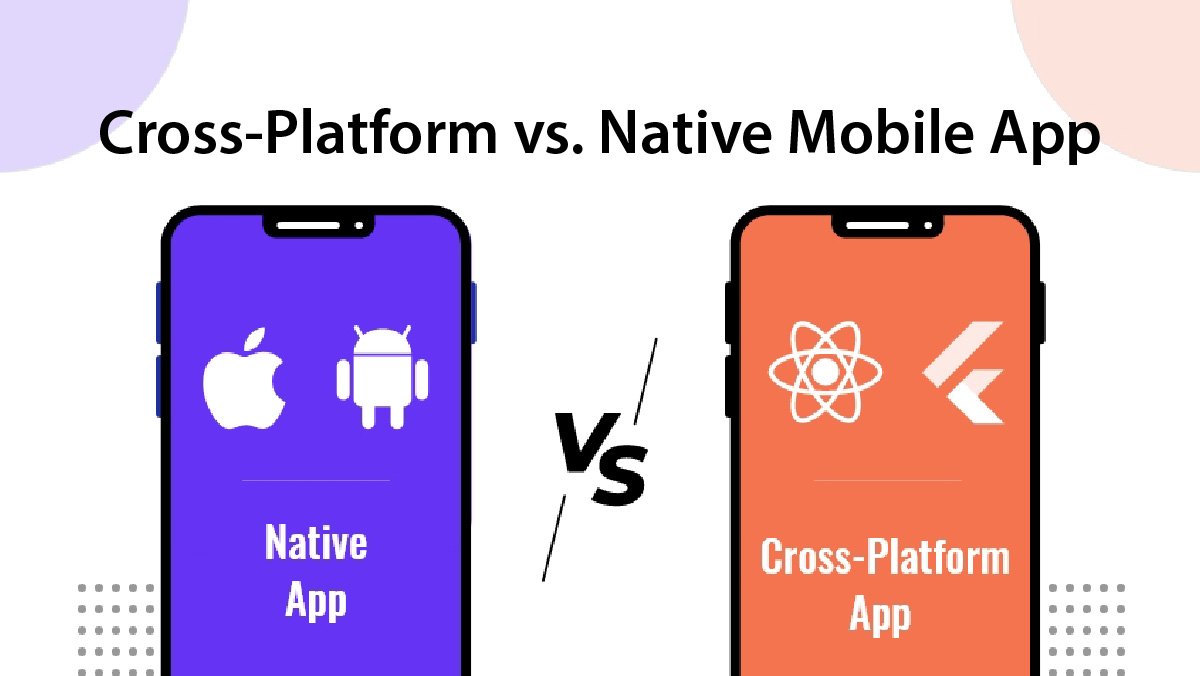
In the dynamic landscape of mobile app development, businesses often face a crucial decision: whether to pursue cross-platform or native app development. Each approach comes with its own unique advantages and drawbacks. Let’s delve into the world of mobile application development in Bahrain, comparing cross-platform and native development to help you make an informed choice. This knowledge will empower you to make a judicious decision for your app venture.
1. Cross-Platform Mobile App Development: Bridging the Gap
Cross-platform mobile app development involves creating an app that can run on multiple operating systems, leveraging a single codebase. Let’s explore the main pros and cons:
Pros:
Cost-Effective: Building a single codebase for multiple platforms saves development time and cost significantly.
Faster Development: With shared code, development is faster compared to building separate native apps for each platform.
Easier Maintenance: Updating a single codebase ensures that changes are applied universally, simplifying the maintenance process.
Wider Audience Reach: A cross-platform app can target a broader audience across various devices and platforms.
Cons:
Performance Limitations: Cross-platform apps may experience slightly slower performance compared to native apps due to the additional layer of abstraction.
Limited Access to Features: Access to certain native features and functionalities might be limited or delayed in cross-platform development.
Design Challenges: Achieving platform-specific design nuances can be challenging, potentially compromising the user experience.

2. Native Mobile App Development: Tailoring for Excellence
Native app development focuses on creating separate applications for each platform using platform-specific languages. Let’s explore its advantages and disadvantages:
Pros:
Optimized Performance: Native apps deliver superior performance as they are tailored for the specific platform.
Full Access to Features: Developers have access to the entire spectrum of platform-specific features, providing a richer user experience.
Platform-Centric Design: Native apps can embody the design principles of each platform, resulting in a seamless and intuitive user interface.
Cons:
Higher Development Costs: Building and maintaining separate codebases for different platforms can be more expensive and time-consuming.
Extended Development Time: Creating individual apps for each platform requires more time compared to cross-platform development.
Increased Maintenance Effort: Separate codebases mean that maintenance and updates must be applied to each app individually.
Mobile Application Development in Bahrain: Making the Right Choice
In Bahrain’s thriving business landscape, the choice between cross-platform and native app development depends on your specific project requirements, budget, and target audience. For businesses seeking a cost-effective, faster approach with wider reach, cross-platform development might be the optimal choice. On the other hand, if you prioritize performance, seamless user experience, and have the resources to invest, native app development is the way to go.
Empowering Your Vision with V Code Solutions: Your Trusted App Partner
To navigate the intricacies of mobile app development in Bahrain seamlessly, partner with V Code Solutions, a leading and reputable mobile application development company in Bahrain. Their expertise and experience will guide you in making an informed choice, ensuring your app aligns perfectly with your business objectives.
In conclusion, both cross-platform and native mobile app development methods have their merits and demerits. To chart your course wisely, weigh these pros and cons against your project requisites. Armed with this knowledge, you’re poised to make a decisive choice that could redefine the digital landscape for your business in Bahrain. Unlock your app’s potential today and let it shine in Bahrain’s thriving digital arena.
